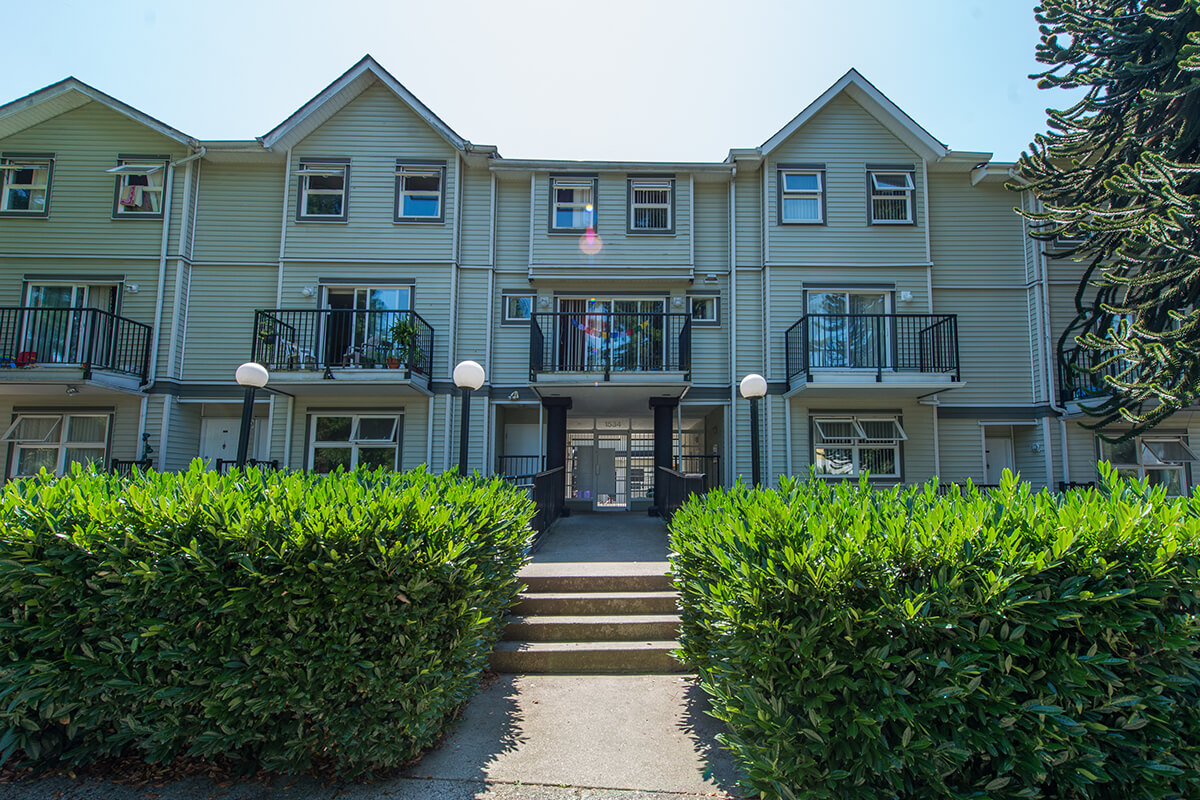Named for Mary Antkiw
Antkiw Court is named in honour of Mary Antkiw, the grandmother of ENF founding member Mia Stewart Cross. Born on Ukrainian New Year’s Day in 1900, Mary was believed to be destined for prosperity. She married John Antkiw at 15, but soon after, he was sent to fight in World War I, spending five years as a prisoner of war. Despite being told he was dead, Mary never lost hope, and to her joy, John returned home after walking halfway across Europe. In 1924, John left for Canada to build a new life, and after 11 years apart, Mary and their children joined him in Ontario, escaping just before World War II closed the borders. She arrived with nothing but the clothes on her back, yet she believed land was the key to survival, providing food, shelter, and security. Mary’s pioneering spirit and deep connection to the land continue to reflect Entre Nous Femmes Housing Society's commitment to building strong, stable communities.
If you have land, then you can plant seeds and have food and never go hungry. If you have land, you can always put shelter up to protect yourself from the weather and keep warm and dry. If you have land, you have a place for yourself and your family. Mary Antkiw


